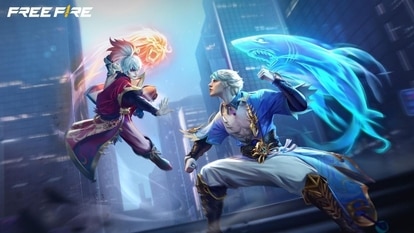Elon Musk Says Pay More For Twitter If You Have An iPhone! Why Fight vs Apple Is Worth It
The new Twitter Blue could be the staging ground for an important global battle.
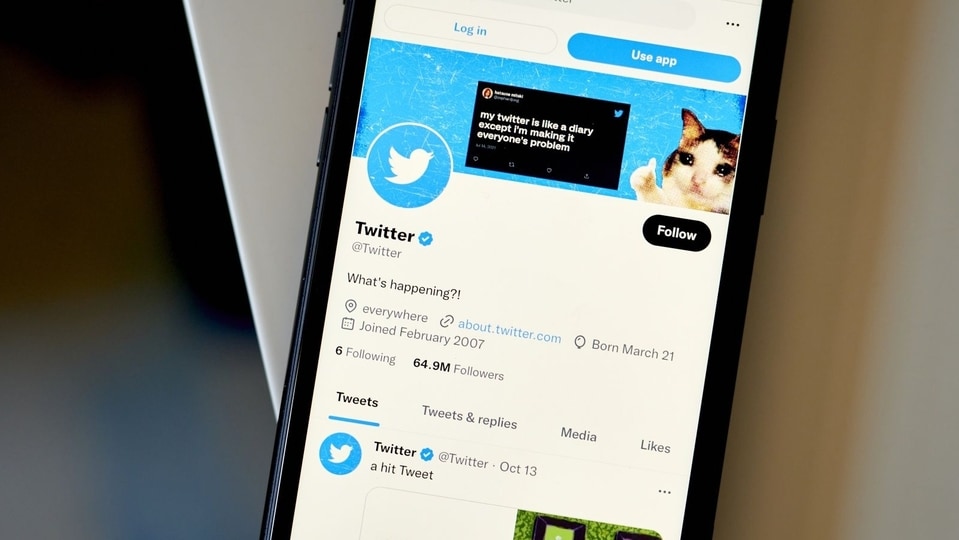
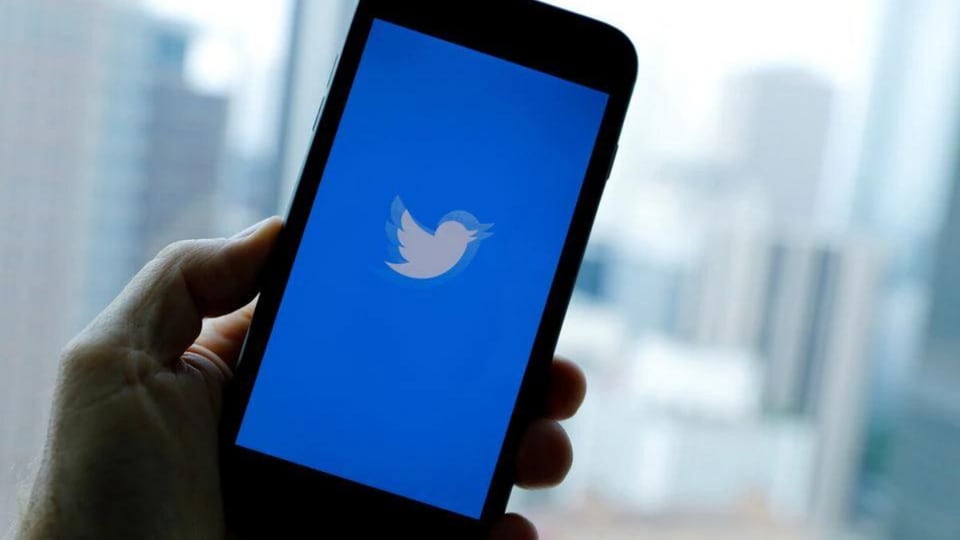
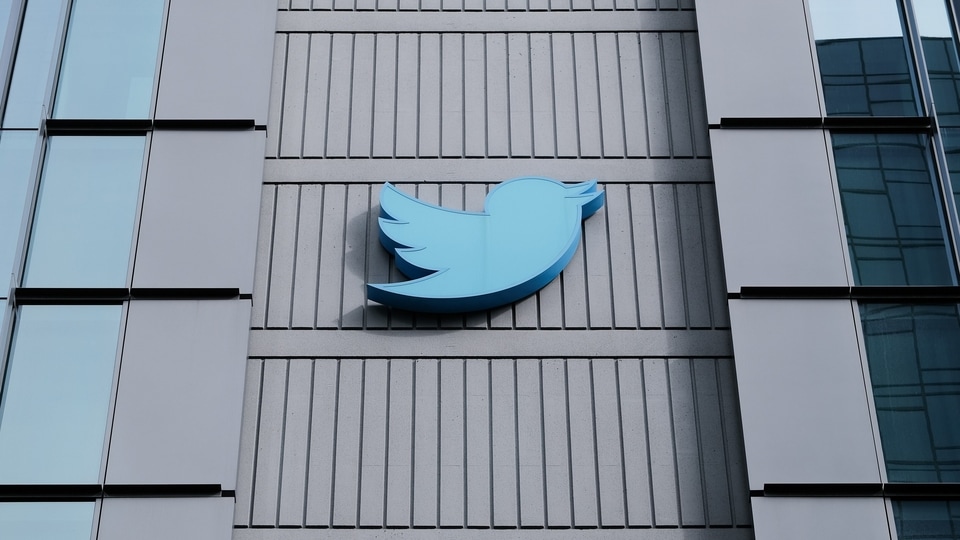
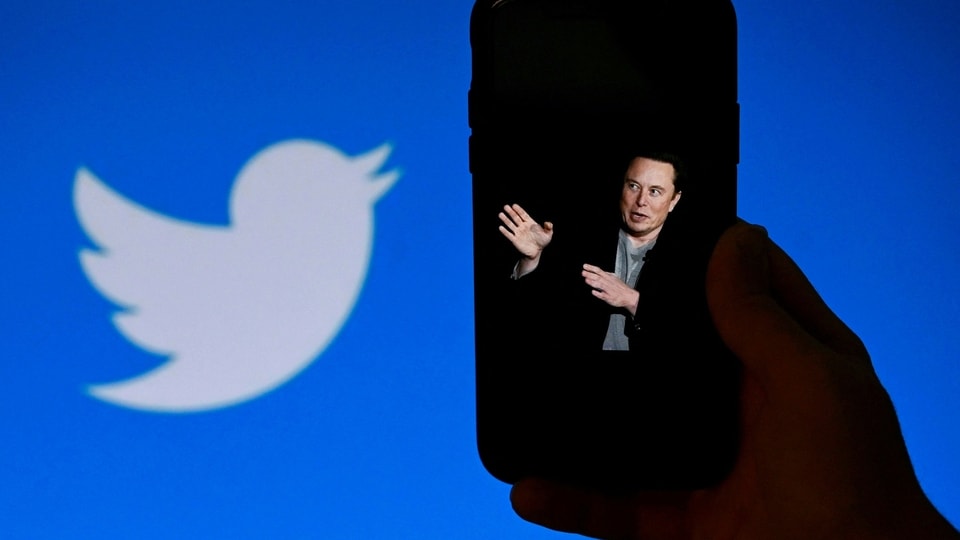
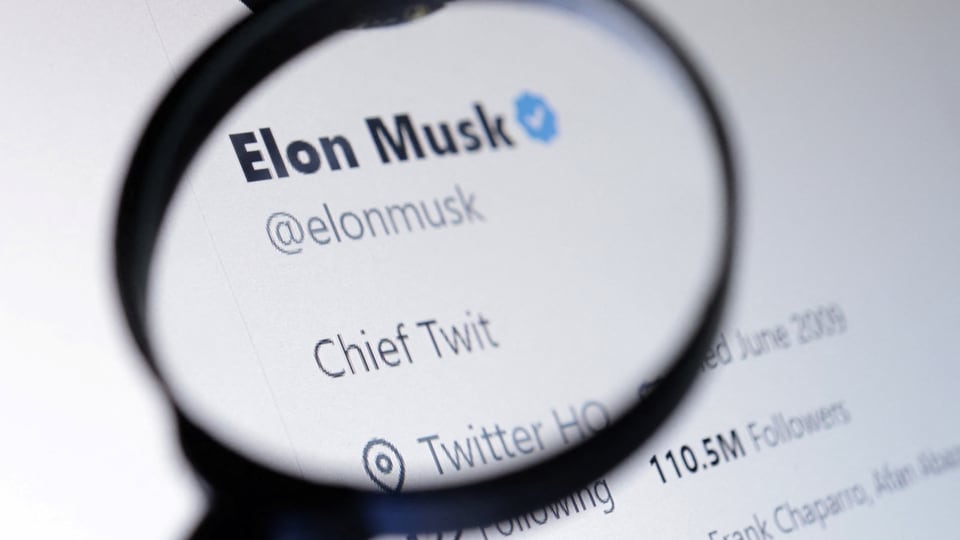
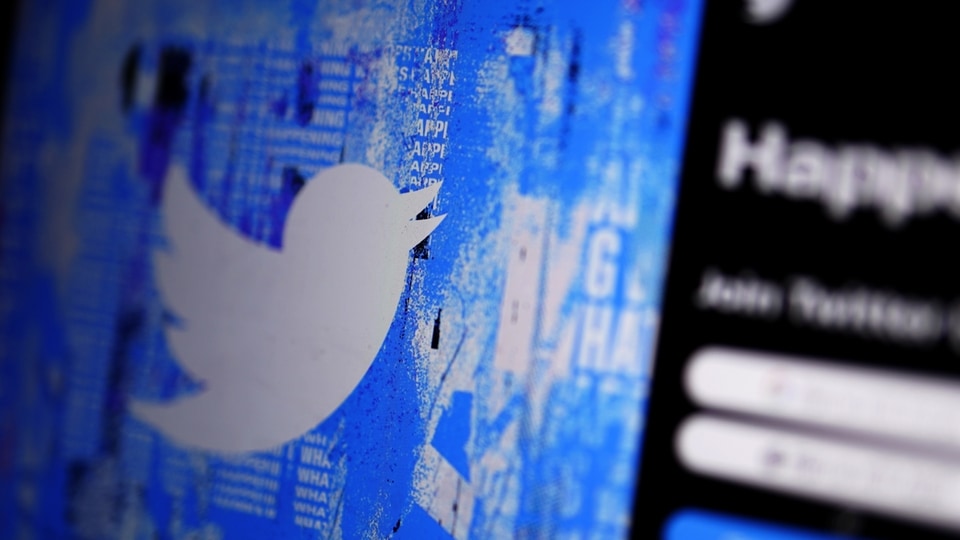
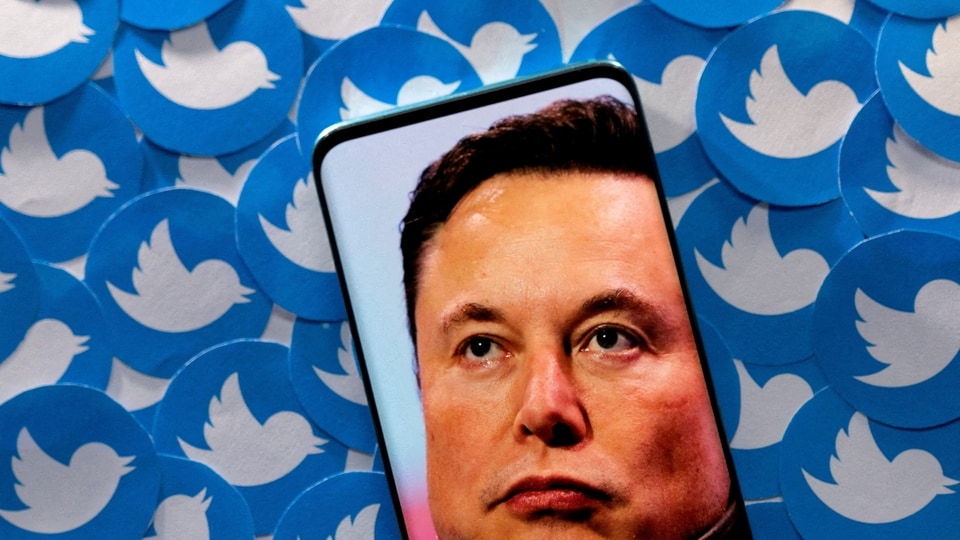
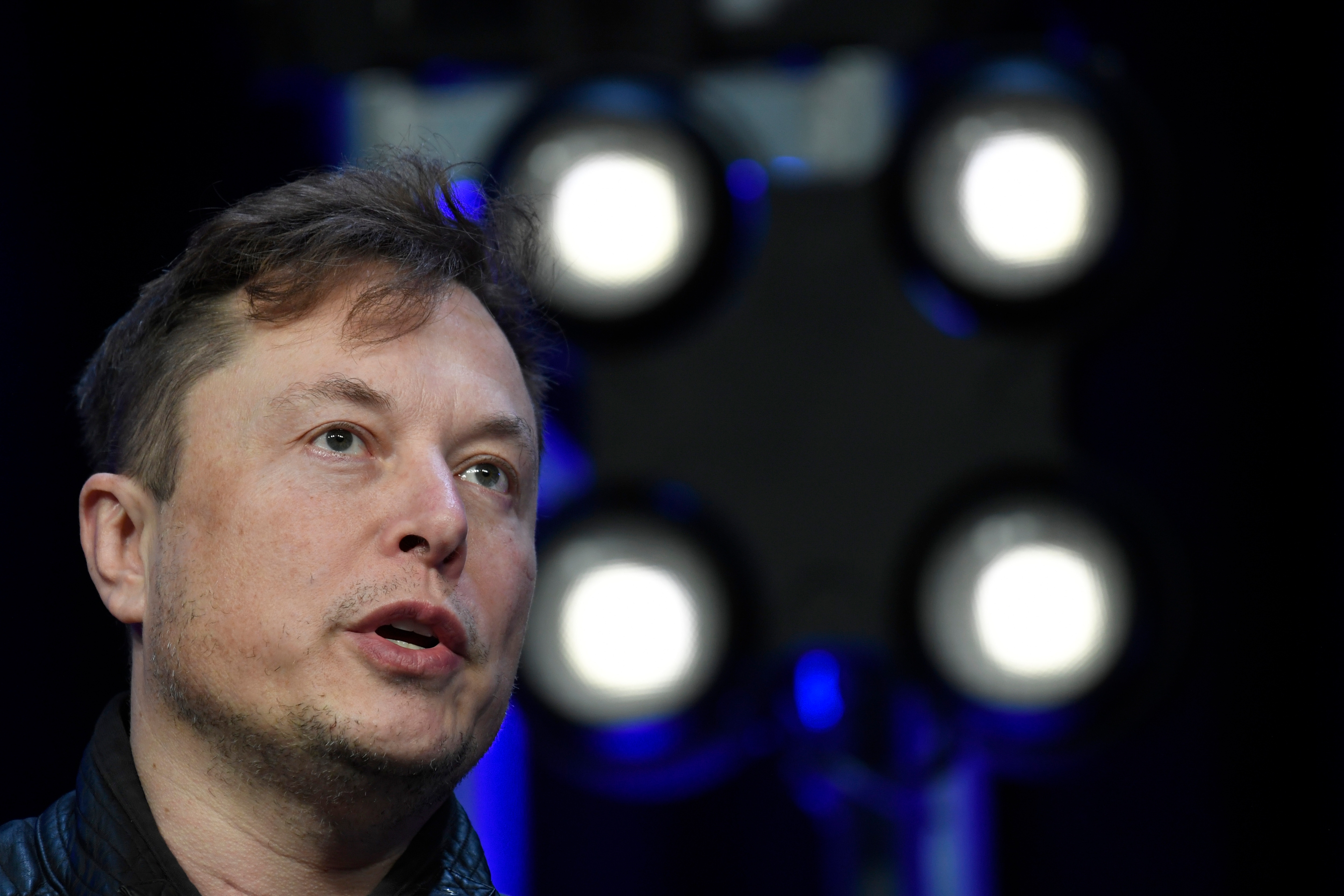
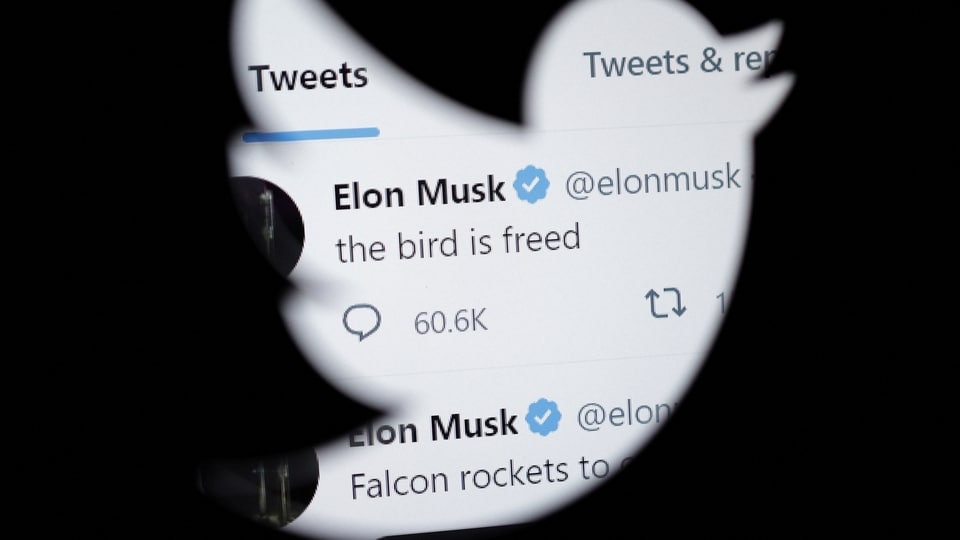
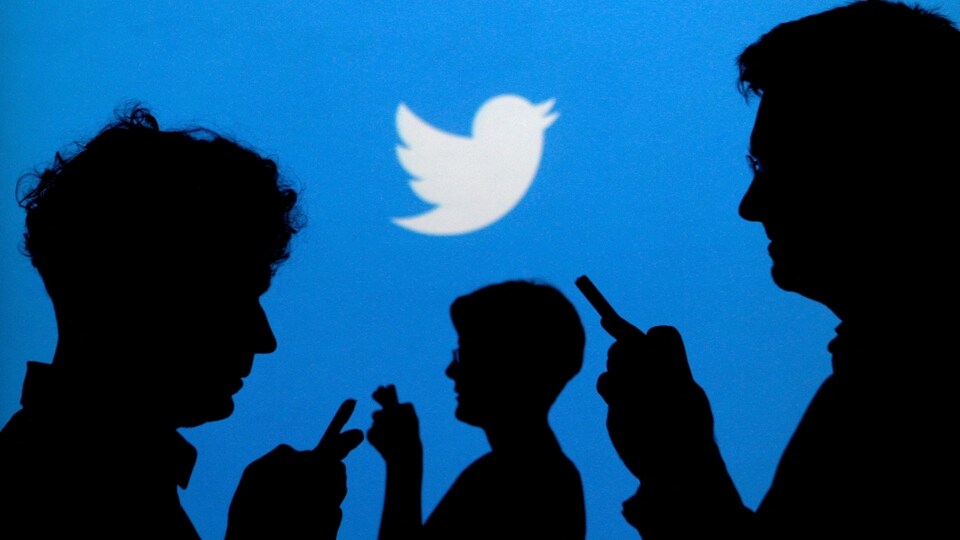
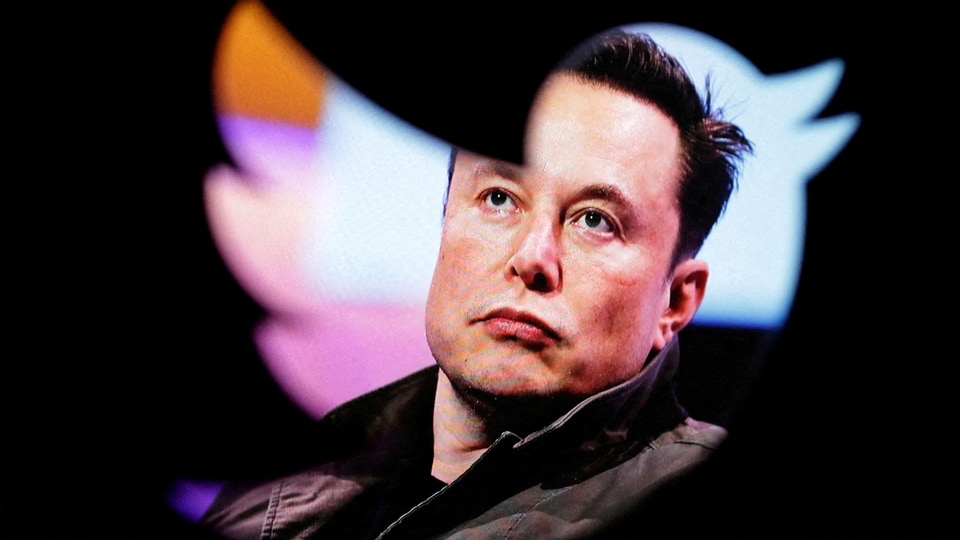
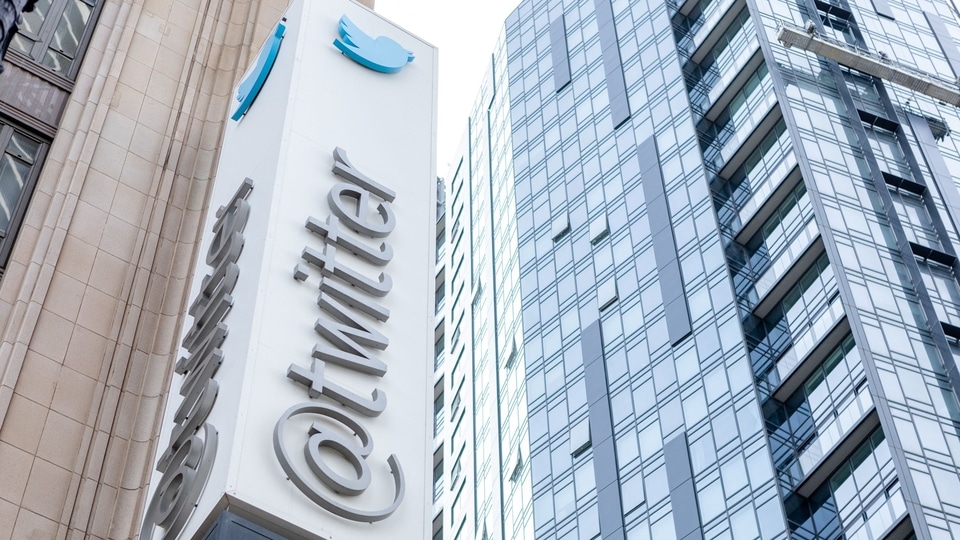
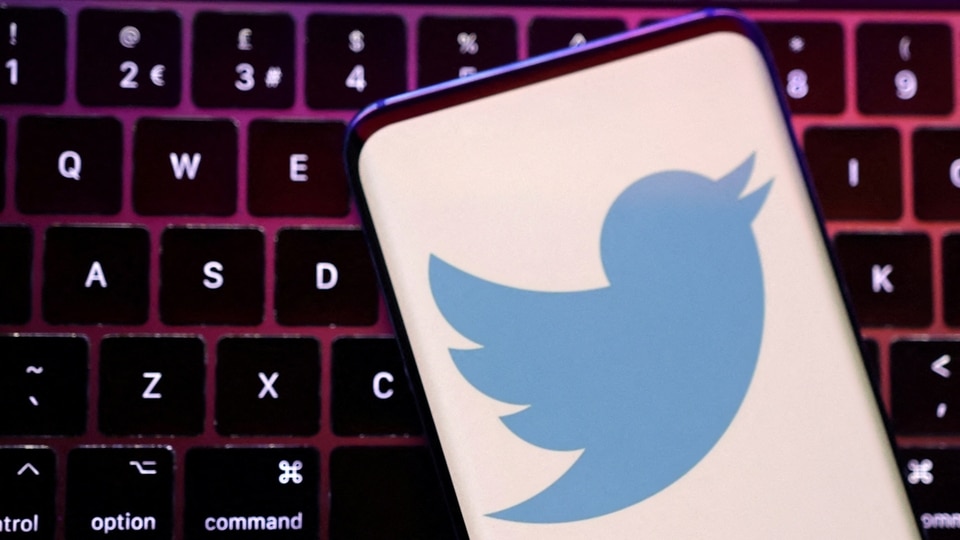
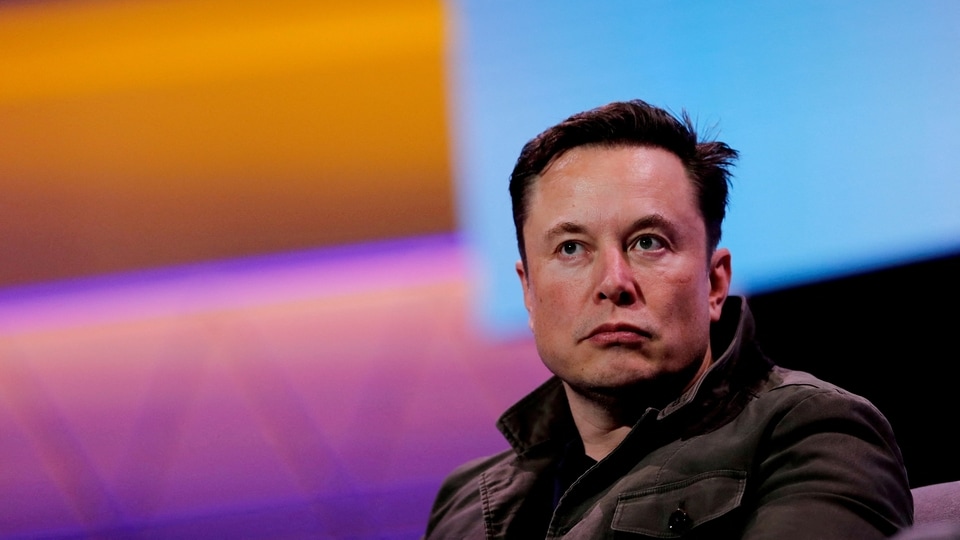
 View all Images
View all ImagesTwitter Inc.'s first tweet under the ownership of the world's richest man was the announcement of a widely anticipated upgrade to its subscription feature. It was also a shot across the bow of the planet's biggest company, marking a possible showdown that could end up bringing much-needed change to the mobile app industry.
Twitter Blue will relaunch Monday with a handful of features that Elon Musk and his team are betting will justify the monthly fee: A blue checkmark, longer videos, higher visibility, and an edit button. More importantly, though, Twitter announced two prices for the same service: $8 per month if you subscribe on its website, but $11 if users choose to sign up via Apple Inc.'s iOS platform. That 37.5% markup is a not-so-gentle dig at Apple's 30% cut of the subscription fees which pass through iOS and its App Store.
For years, app developers and content providers have bemoaned this “Apple Tax” as too high and too restrictive. If you buy an app, purchase an upgrade, or subscribe to ongoing services including streaming music or video, then Apple collects 30% (the fee is discounted to 15% for developers who bring in less than $1 million in a year). That means the company will get $3.30 per month for every person who signs up to Twitter Blue via Apple. And it's why Twitter decided to dissuade people from using Apple and sign up at its own site. To be fair, Google Play Store collects similar commissions with its own set of restrictions.
Musk brought this fee to the attention of his 120 million followers last month, though he's among many industry executives who've known and complained about it for years.
In August 2020, Epic Games Inc. did more than whine. The publisher of hit games including Fortnite and Infinity Blade sued Apple over a particularly prohibitive set of rules the iPhone maker buries in its 20-page license agreement. First, it requires that subscriptions purchased within an app must use the In-App Purchase platform — preventing publishers from billing credit cards directly and ensuring Apple collects its tax. Second, it restricts developers from providing information or links to places where a user might sign up outside of the Apple ecosystem.
It's this latter decree which got under the skin of Epic chief Tim Sweeney, who tweaked Fortnite's app to bypass the payment system — a move which got the top-selling game blocked by Apple's App Store and sparked a lawsuit. Spotify Technology SA skips this rigmarole altogether by only allowing subscriptions via its website.
Unfortunately for Epic, software developers, and smartphone users around the world, US District Court judge Yvonne Gonzalez Rogers ruled in Apple's favor on nine of the 10 counts brought by the North Carolina-based company. Rogers found, among other things, that Apple doesn't have a monopoly because there are alternatives, including Alphabet Inc.'s Google Play Store. She did, however, decree that Apple loosen its rules on external links. But the fight isn't over, with the case now in the hands of the Ninth US Circuit Court of Appeal.
“Apple could win the battle but lose the war,” Bloomberg Intelligence Senior Litigation Analyst Jennifer Rie wrote last month. “The ruling could also catalyze bipartisan support for pending legislation to regulate app stores.”
That's where Musk comes in. While the new owner of Twitter has recently used his access to the social media platform to push back against the “woke” crowd, unveil supposed censorship of right-wing information, and reinstate previously banned accounts, the long-term fight could turn from the platform's content to its business model.
To date, the battle over the Google-Apple duopoly has largely played out in court. The two giants argue that they provide infrastructure, marketing, and moderation support that ensures developers get paid and users are protected. This argument has merit. It's a huge risk to allow software to get installed on a phone unchecked, and apps are most often found via the stores themselves, so getting fairly compensated is an important part of the business model.
But a 30% fee for services where the app platform offers little value-add, such as video streaming, seems out of whack — especially when those providers are restricted in their ability to even tell users about an alternative payment platform. The policy also forces software and content makers to spend increasingly more money on marketing just to get seen, which is especially tough when these providers have their own products — such as Apple Music and Apple TV+ — which come preinstalled and compete directly with Spotify and Netflix Inc.
Twitter's tweet, from its own @twitter account, makes a mockery of the current situation. Twitter, the app, is not allowed to advertise within its own software that there's a cheaper price available — but Twitter, the Twitter user, is able to use its own social-media platform to tell the world about it.
This is the kind of power that Epic, Spotify and Netflix don't wield. Even Microsoft Corp., which makes software but doesn't compete in the mobile app market place, is part of the growing chorus against Apple and in support of Epic. But none of them can boast almost every senator and congressperson as an account holder, nor a high-profile executive not opposed to lobbing grenades and burning bridges.
And now may be the time for Musk to throw his weight around. The Open App Markets Act, a bipartisan bill introduced in August 2021 by Republican Senator Marsha Blackburn and Democratic Senators Amy Klobuchar and Richard Blumenthal, would require companies to offer alternative app stores and payment systems, and prohibit Apple and Google from giving preference to their own products.
But this bill has yet to make it to the floor and may be further delayed if a procedural maneuver fails in coming days, Bloomberg News reported last week. This means months, maybe years, before the app giants are forced to mend their ways. Unless Musk decides to enter the fray and take on Apple directly.
Catch all the Latest Tech News, Mobile News, Laptop News, Gaming news, Wearables News , How To News, also keep up with us on Whatsapp channel,Twitter, Facebook, Google News, and Instagram. For our latest videos, subscribe to our YouTube channel.



















